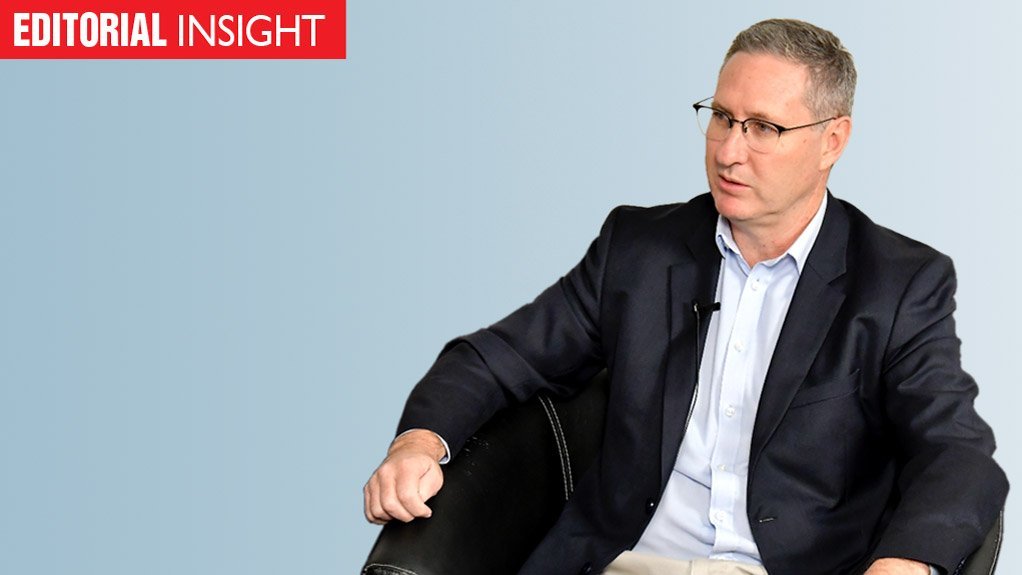Regardless of composition, there are certain realities that South Africa’s new government cannot avoid.
The first is an unemployment rate so high that, unless it is reduced materially, there is no way of dealing with dehumanising poverty, which can be eased by vital social welfare but not cured.
Extreme joblessness, particularly among the youth, also carries with it the risk of destabilisation. Directly through violent protests or even insurrection and indirectly through creating the conditions for ongoing crime, which is itself an impediment to the investment needed for the generation of jobs and to support growth.
The second is not only a weakly growing economy but one that has failed to grow in line with its developing market peers for some 15 years.
Absent a sustained and sustainable acceleration, there is no prospect of dealing with the unemployment crisis, let alone creating the conditions to tackle poverty through the development of the hard and soft social and economic infrastructure required to improve living conditions.
Flowing directly from feeble growth is South Africa’s fiscal weakness.
The national accounts are in no fit state to stimulate growth and spur development. In fact, they are actually in desperate need of repair, which can be achieved through two mechanisms only: higher growth or consolidation. At this stage, the National Treasury is having to resort to the latter and there is no sign that this will suddenly change because there are new faces around the Cabinet table.
The fourth reality confronting the new government is poor State capacity.
Barring a handful of exceptions, this is evident across all three spheres of government and across all the sectors in which the State is a key participant, from education and health through to water and waste removal.
The fifth is the country’s massive infrastructure backlog, which is not only undermining basic service delivery but also constraining economic growth as farms, mines and factories struggle to remain productive amid electricity cuts and are battling to move goods competitively, owing to serious equipment and infrastructure shortages across the inefficient rail and port systems.
Then there is the reality of the slow pace of transformation, with black empowerment and employment equity policies having failed to meet their laudable objectives, leading to rising resentment not only of elite enrichment but also of a seemingly growing resistance within business to transformation.
These realities are wrapped in bigger, and increasingly complicated, geopolitical realities, as well as the reality of a climate crisis, which is now exacting a regular toll on communities and infrastructure and poses a risk to trade given the slow pace at which South Africa is moving from coal.
If the new administration, either for reasons of political expedience or ineptitude, fails to choose policies and adopt attitudes that are conducive to tackling these realities head on, it would have turned its back on the majority of voters who signalled their desire for just that.
EMAIL THIS ARTICLE SAVE THIS ARTICLE ARTICLE ENQUIRY
To subscribe email subscriptions@creamermedia.co.za or click here
To advertise email advertising@creamermedia.co.za or click here











